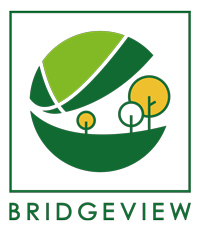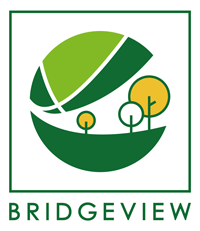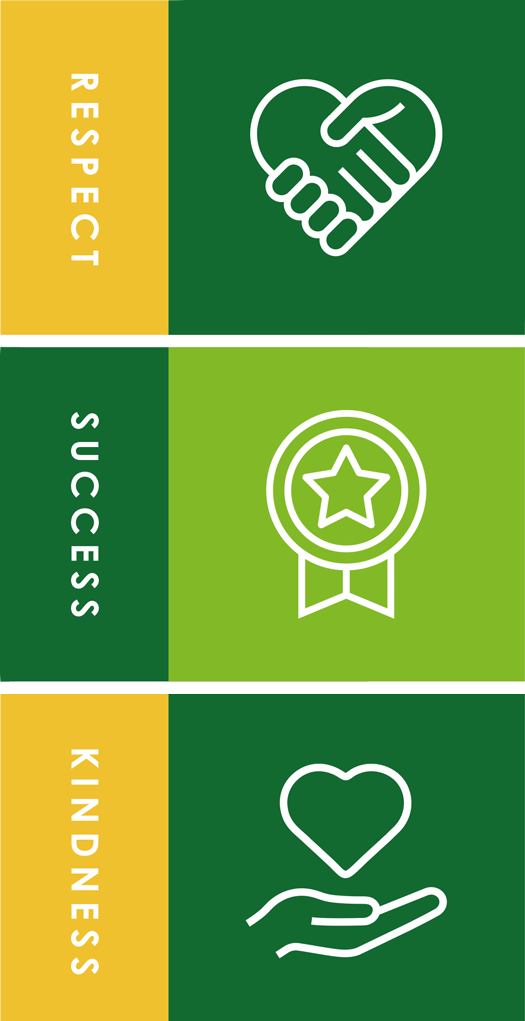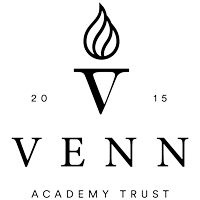Why do we teach Geography at Bridgeview?
At Bridgeview, we want the Geography to inspire a curiosity and fascination about the world and people within it. We want our children to learn about the people, places and resources in the local area, UK and wider world. We want our pupils to learn about the impact of mistreating the physical environment and how to respect place they live and visit. We want to encourage the children to show their respect for their local, national and international environment. We are aware that many of our children have few opportunities to travel outside their immediate area and for this reason we want to promote practical fieldwork studies to give them memorable experiences in the wider community.
The curriculum encourages students to ask questions, develop critical thinking skills, and layer a deeper understanding of complex concepts as the course navigates through the curriculum.
What is the Geography curriculum offer at Bridgeview?
All pupils are taught geography each term, each academic year. Our geography curriculum meets the requirements of the National Curriculum. Our geography long term plan sets out the order units of study are to be taught. This ensures that children build on prior learning and revisit key vocabulary and concepts. We start all our geography lessons with ‘Remember when…’ This helps our children to retain information and make connections between events in geography.
All geography lessons are part of a sequence of learning. Each lessons has ‘sticky knowledge’ we want the children to learn and vocabulary we want the children to use. Teachers use a range of strategies to help the pupils ‘know more, remember more’. This includes hands on learning, fieldwork, map work, debating, role-play. Vocabulary is displayed in lessons, and often provided in a word bank.
How are knowledge and skills acquired in Geography?
Many of the children in our school, struggle to have locational awareness so we aim to teach a sense of place through the use of maps in many formats including digital and concrete maps. We want children to become globally aware citizens and to be able to identify significant places in the world. For this reason, we daily watch Newsround to give them real time knowledge of the world. Part of the Geography expectations is that the children have opportunities to collect, analyse and communicate a range of data. We have found this is best promoted through practical activities and field study work.
What enrichment opportunities do pupils receive in Geography?
We have carefully selected school visits, experiences and visitors enhance our History Curriculum. School visits and visitors are integral to our sequences of learning and allow pupils to see the sticky knowledge come to live. Examples of enrichment to enhance the teaching of our History curriculum:
Key Stage 1 enrichment:
- My school in the locality – Walk around the local area.
- The seaside – Fieldwork visit to the seaside.
- The foreshore and country park – Fieldwork visit to the foreshore country park.
Lower Key Stage 2 enrichment:
- Counties and cities of the UK – Fieldwork visit to Hull.
- Rivers and the Water Cycle – Fieldwork visit to the river Humber and Humber estuary.
- Village, town and city – Fieldwork visit to Skidby, Beverley and Hull City Centre.
Upper Key Stage 2 enrichment:
- Hull docks and marina – Fieldwork visit to the Hull docks and the marina.
- Coasts – Fieldwork visit to Mappleton and Hornsea.





